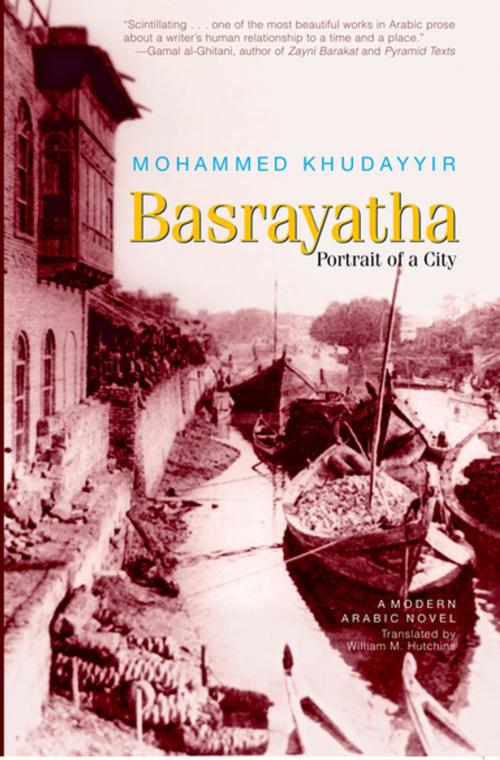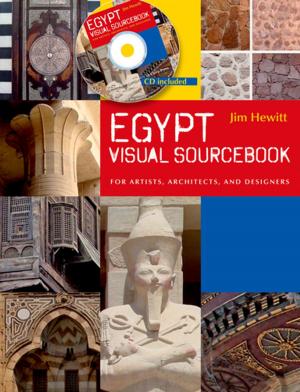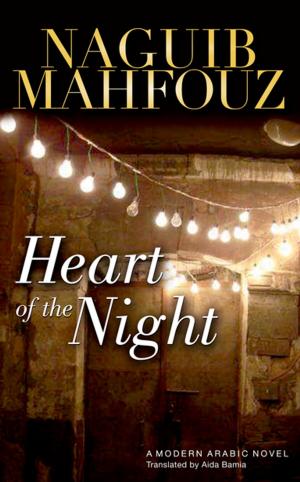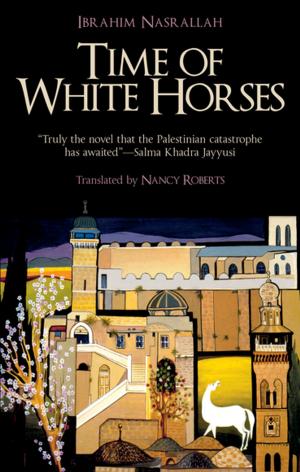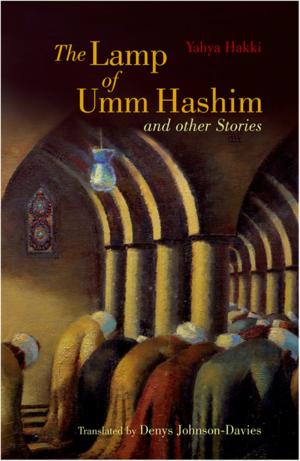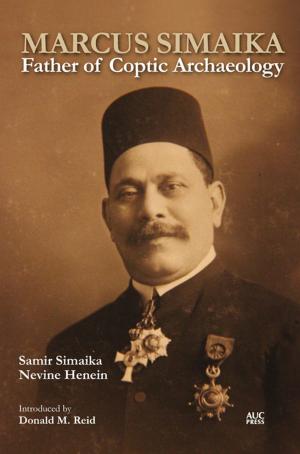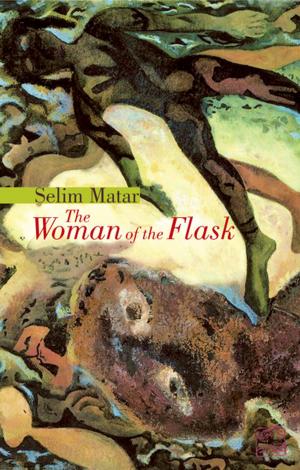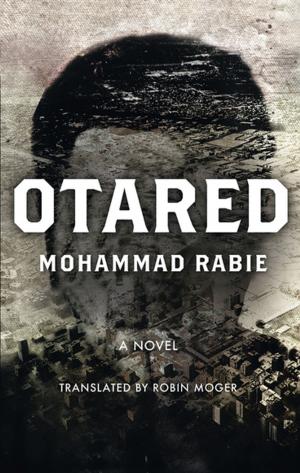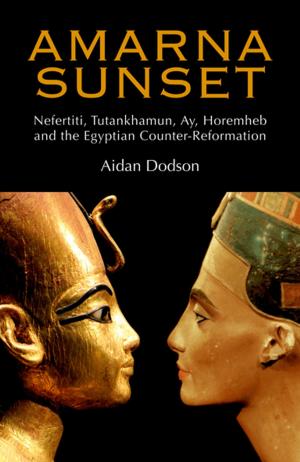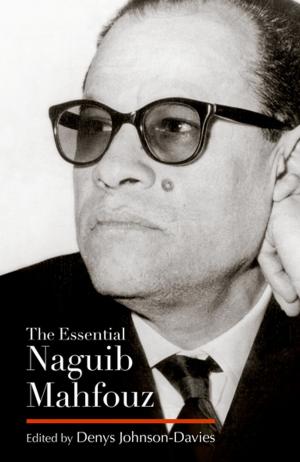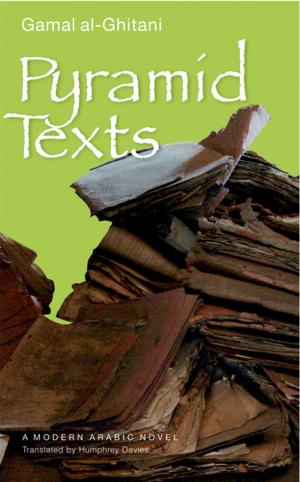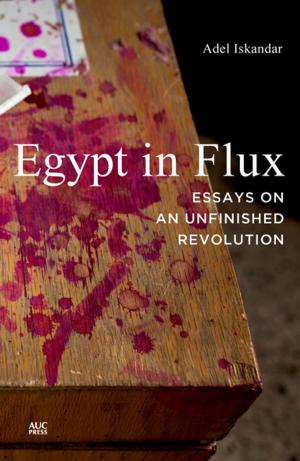| Author: | Mohammed Khudayyir | ISBN: | 9781617971693 |
| Publisher: | The American University in Cairo Press | Publication: | March 1, 2007 |
| Imprint: | The American University in Cairo Press | Language: | English |
| Author: | Mohammed Khudayyir |
| ISBN: | 9781617971693 |
| Publisher: | The American University in Cairo Press |
| Publication: | March 1, 2007 |
| Imprint: | The American University in Cairo Press |
| Language: | English |
Basrayatha is a literary tribute by author Mohammed Khudayyir to the city of his birth, Basra, on the Shatt al-Arab waterway in southern Iraq. Just as a city's inhabitants differ from outsiders through their knowledge of its streets as well as its stories, so Khudayyir distinguishes between the real city of Basra and Basrayatha, the imagined city he has created through stories, experiences, and folklore. By turns a memoir, a travelogue, a love letter, and a meditation, Basrayatha summons up images of a city long gone. In loving detail, Khudayyir recounts his discovery of his city as a child, as well as past communal banquets, the public baths, the delights of the Muslim day of rest, the city's flea markets and those who frequent them, a country bumpkin's big day in the city, Hollywood films at the local cinema, daily life during the Iran Iraq War, and the canals and rivers around Basra. Above all, however, the book illuminates the role of the storyteller in creating the cities we inhabit. Evoking the literary modernism of authors like Calvino and Borges, and tinged with nostalgia for a city now disappeared, Basrayatha is a masterful tribute to the power of memory and imagination.
Basrayatha is a literary tribute by author Mohammed Khudayyir to the city of his birth, Basra, on the Shatt al-Arab waterway in southern Iraq. Just as a city's inhabitants differ from outsiders through their knowledge of its streets as well as its stories, so Khudayyir distinguishes between the real city of Basra and Basrayatha, the imagined city he has created through stories, experiences, and folklore. By turns a memoir, a travelogue, a love letter, and a meditation, Basrayatha summons up images of a city long gone. In loving detail, Khudayyir recounts his discovery of his city as a child, as well as past communal banquets, the public baths, the delights of the Muslim day of rest, the city's flea markets and those who frequent them, a country bumpkin's big day in the city, Hollywood films at the local cinema, daily life during the Iran Iraq War, and the canals and rivers around Basra. Above all, however, the book illuminates the role of the storyteller in creating the cities we inhabit. Evoking the literary modernism of authors like Calvino and Borges, and tinged with nostalgia for a city now disappeared, Basrayatha is a masterful tribute to the power of memory and imagination.
